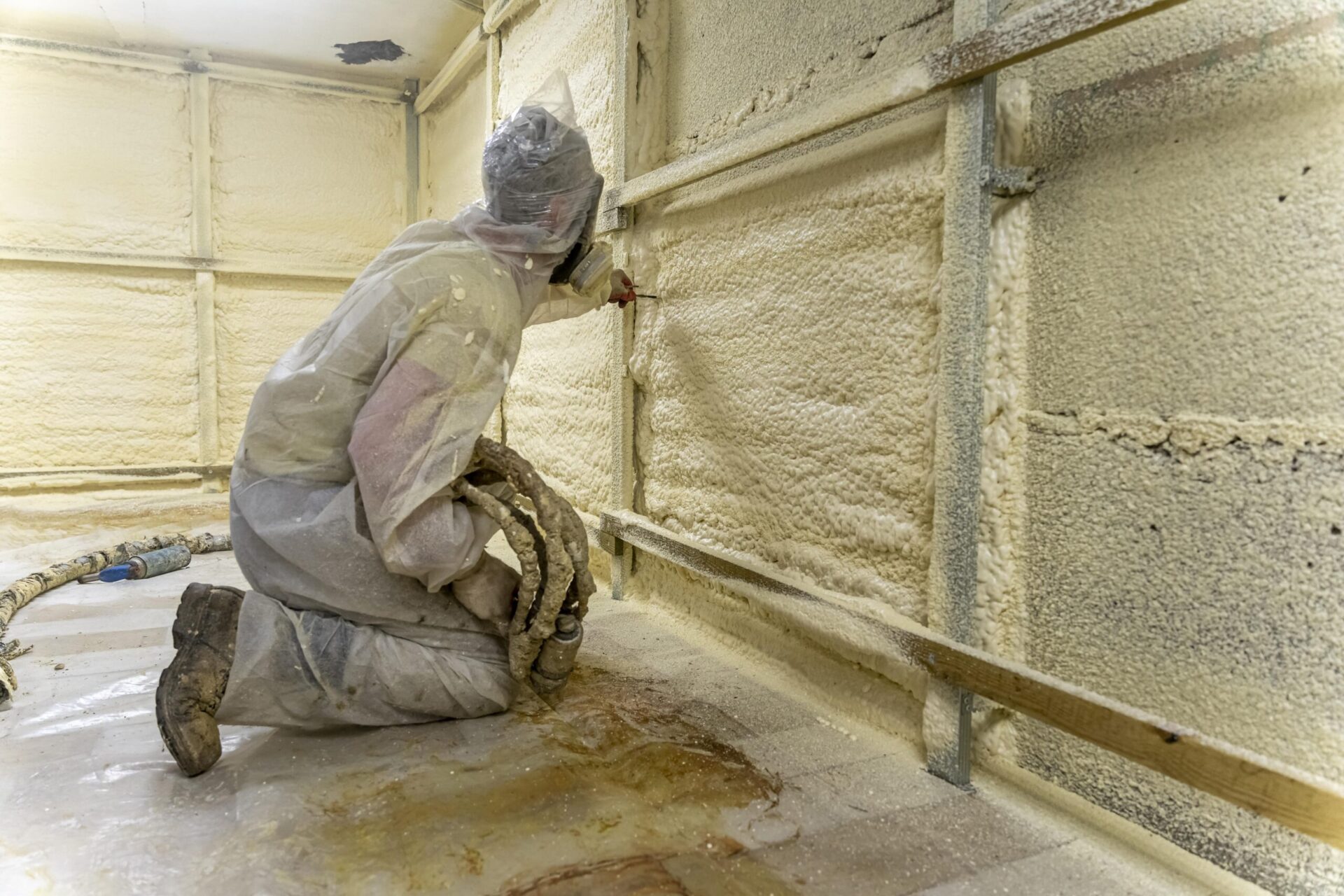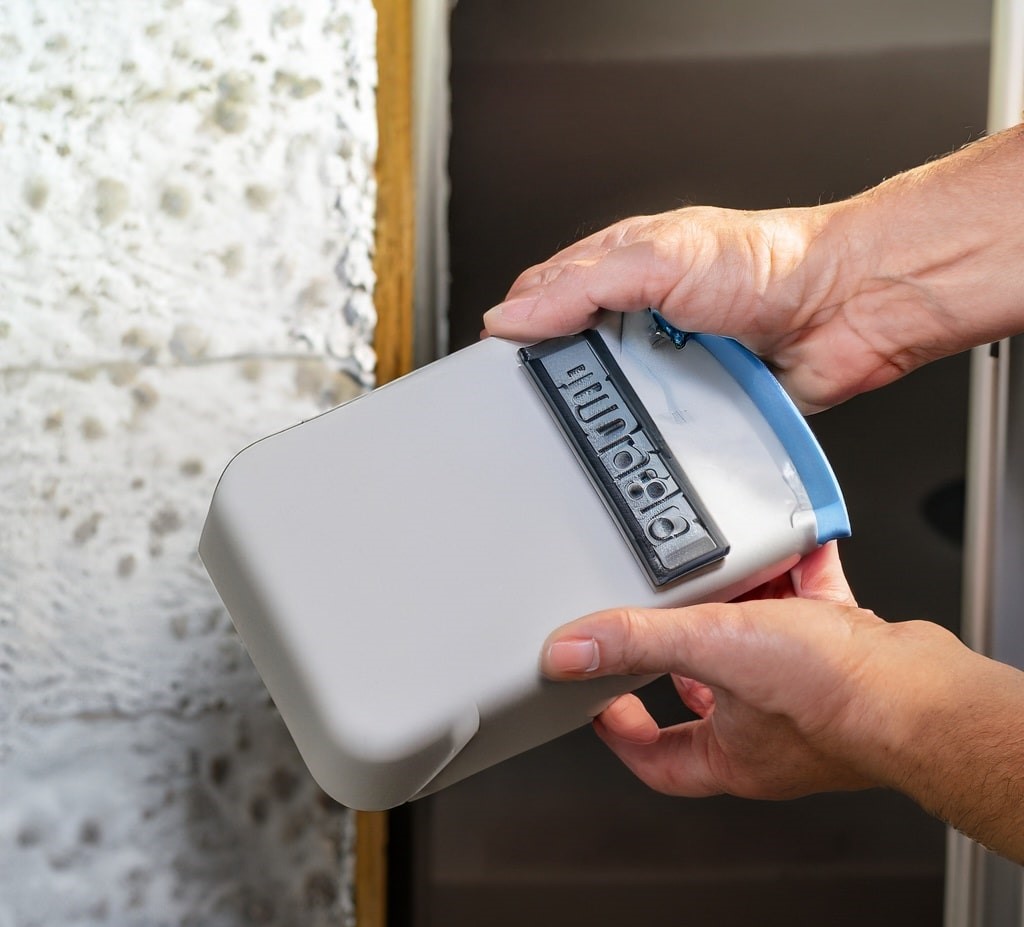As a homeowner or business owner in Canberra, prioritizing the early detection and prevention of mould growth is essential. Professional mould inspection services provide a comprehensive solution to protect both your property and its occupants’ health. In this article, we’ll explore why a professional mould inspection is a crucial investment for safeguarding your property.
Mould thrives in damp environments and poses serious threats to health and structural integrity. Partnering with trained professionals can help identify hidden mould, address the root causes, and implement effective remediation strategies.
Whether you’re concerned about health risks, ensuring compliance with local building codes, or protecting your property’s value, professional mould inspection plays a vital role in maintaining a safe indoor environment.
Understanding the Dangers of Mould Growth
Mould growth poses significant risks to both health and property. Left unchecked, it can cause health issues and compromise the structural integrity of your home or business.

Health Risks of Mould Exposure
Mould exposure can lead to a variety of health problems, particularly for those with weakened immune systems. Common health risks include:
- Respiratory difficulties (e.g., coughing, wheezing, shortness of breath)
- Allergic reactions (e.g., sneezing, itchy eyes, skin irritation)
- Headaches, dizziness, and neurological symptoms
- Increased risk of respiratory infections, especially in young children and the elderly
Structural Damage from Mould
In addition to health risks, mould can severely damage the structure of your property. Common consequences of unchecked mould include:
- Drywall and wood rot: Weakens structural support, increasing the risk of collapse.
- Insulation degradation: Reduces energy efficiency and raises utility costs.
- Corrosion of metal components: Compromises structural integrity and creates safety hazards.
Addressing mould growth promptly is critical to mitigating these risks and preserving the value of your property.
Professional Mould Inspection: The Key to Early Detection
When it comes to mould, early detection is essential. Professional mould inspection Canberra identify the presence and extent of mould growth, using specialized equipment to find moisture sources and assess contamination levels.
Timely intervention reduces health risks and prevents structural damage. Mould inspections offer the following benefits:
- Identify the root cause of mould (e.g., leaks, poor ventilation, high humidity).
- Determine the type and extent of mould growth, including hidden or inaccessible areas.
- Recommend appropriate remediation strategies to address the mould issue.
- Provide guidance on preventive measures to discourage future infestations.
By partnering with experienced mould inspection professionals, property owners can proactively safeguard both their building and the health of its occupants.
Comprehensive Evaluation by Trained Experts
Effective mould management begins with a thorough evaluation by trained mould inspection experts. These professionals employ a multi-faceted approach to determine the extent of mould growth and its causes.
Identifying the Source of Moisture
The first step in a mould inspection is identifying the source of moisture driving mould growth. Mould inspection experts use moisture meters, thermal imaging, and other techniques to pinpoint the problem and develop a remediation plan.
Assessing Mould Contamination
Once the moisture source is identified, inspectors assess the level of mould contamination. This may involve collecting air and surface samples for laboratory analysis and conducting detailed visual inspections. This comprehensive approach ensures effective remediation and future prevention.
Ensuring Proper Remediation and Prevention
After identifying mould through professional inspection, the next step is remediation. This involves using safe and effective methods to remove the mould and address underlying moisture issues.
Effective Removal Strategies
Trained professionals implement a variety of techniques to remove mould and prevent its spread, including:
- Containing and isolating the affected area.
- Removing contaminated materials like drywall, insulation, and carpeting.
- Cleaning and disinfecting surfaces with antimicrobial agents.
- Using HEPA filtration to capture mould spores.
- Dehumidifying and improving ventilation to address moisture issues.
This remediation process ensures that mould is thoroughly removed and that future growth is minimized.
Mould Prevention Measures

After remediation, proactive steps must be taken to prevent future mould outbreaks. Effective measures include:
- Addressing moisture sources (e.g., leaks, poor drainage).
- Improving ventilation and air circulation.
- Installing dehumidifiers and moisture barriers.
- Regularly inspecting for mould signs.
- Maintaining proper indoor humidity levels.
By combining mould remediation with preventive strategies, property owners can safeguard their investment and ensure a healthy, mould-free environment.
Protecting Your Investment and Property Value
Mould can significantly reduce the value of your property. Unresolved mould issues may signal moisture and structural problems, which deter potential buyers and lower your property’s market value. However, addressing mould promptly through professional inspection and remediation can protect your investment.
Buyers are more likely to trust a property with a clean bill of health from a reputable mould inspection service. Proactively managing mould concerns can preserve or even increase your property’s value, making it easier to sell or refinance.
Mould’s Impact on Property Value
- Without inspection/remediation: Significant decrease in market value, difficulty selling, costly repairs.
- With inspection/remediation: Preserved or increased value, improved marketability, proactive mould management.
Investing in Professional Mould Inspection protects your property’s long-term value and ensures it remains a sound investment.
Legal Obligations and Compliance
In Canberra, property owners must comply with specific legal requirements regarding mould management. Professional mould inspection services ensure your property meets local building codes and regulations, helping you avoid fines and legal action.
Adhering to Local Regulations
Canberra’s mould regulations require property owners to:
- Obtain necessary permits for mould remediation.
- Use licensed professionals for mould-related work.
- Implement mould prevention strategies.
- Properly dispose of contaminated materials.
Failure to comply can result in hefty fines and legal consequences. A professional mould inspector helps navigate these requirements and ensures your property stays in compliance.
Conclusion
Professional mould inspection is an essential investment for property owners in Canberra. By understanding the dangers of mould, from health risks to structural damage, the importance of early detection becomes clear.
Working with trained professionals allows for effective remediation and prevention, protecting your property’s value, health, and compliance with local laws. Prioritizing mould inspection helps safeguard your investment and ensures a safe and healthy environment for occupants.
